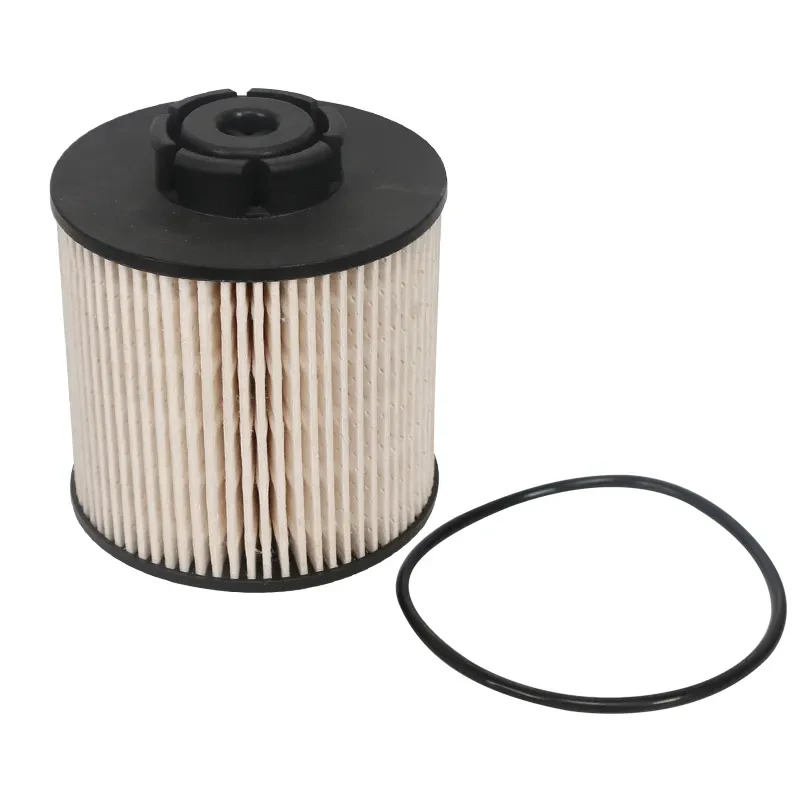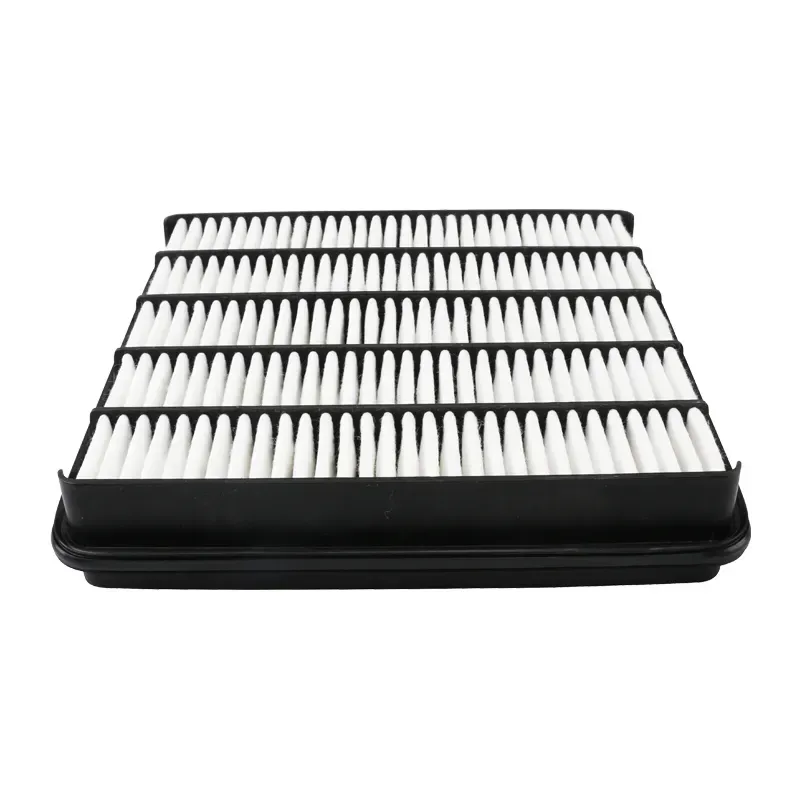maj . 25, 2025 11:24 Back to list
Advanced Air Filtration Systems for Cars, Homes & Beyond PureAir
- Understanding the Importance of Clean Air
- Technical Advantages of Modern Filtration Systems
- Comparative Analysis of Leading Manufacturers
- Tailored Solutions for Diverse Needs
- Real-World Applications and Case Studies
- Maintenance and Long-Term Efficiency
- Future Trends in Air Filtration Technology

(air filtration)
Why Air Filtration Matters More Than Ever
Indoor air quality has become a critical concern, with studies showing that pollutants indoors can be 2–5 times higher than outdoor levels. Effective air filtration
systems mitigate health risks by removing allergens, particulate matter (PM2.5/PM10), and volatile organic compounds (VOCs). For instance, HEPA filters capture 99.97% of particles as small as 0.3 microns, making them indispensable for homes, vehicles, and industrial settings.
Technical Advantages of Modern Filtration Systems
Advanced air filtration units integrate multi-stage processes: pre-filters trap large debris, activated carbon layers neutralize odors, and UV-C light eradicates pathogens. Brands like Honeywell and Coway utilize smart sensors to monitor air quality in real time, adjusting fan speeds automatically. Energy-efficient models consume 30–40% less power than traditional systems, aligning with sustainability goals.
Comparative Analysis of Leading Manufacturers
| Brand | Technology | Efficiency (%) | Price Range | Warranty |
|---|---|---|---|---|
| Honeywell | HEPA + Carbon | 99.9 | $200–$600 | 5 years |
| Coway | Green True HEPA | 99.97 | $300–$800 | 3 years |
| Blueair | HEPASilent | 99.99 | $400–$1,200 | 2 years |
Tailored Solutions for Diverse Needs
Customization is key for maximizing filtration efficiency. A whole house air filtration system suits large spaces (2,500+ sq. ft.), while compact units target single rooms. For vehicles, car air filtration kits with replaceable filters reduce cabin pollution by 80%. Industrial clients often require hybrid systems combining electrostatic precipitators and gas-phase filters.
Real-World Applications and Case Studies
A 2023 case study in Chicago demonstrated a 60% reduction in asthma-related hospitalizations after installing whole-house systems. Automotive workshops reported 50% fewer employee sick days post-adoption of heavy-duty air filtration units. Schools using HEPA-equipped systems saw a 30% improvement in student focus during peak allergy seasons.
Maintenance and Long-Term Efficiency
Filter replacement cycles vary: HEPA filters last 6–12 months, whereas carbon layers require renewal every 3–6 months. Neglecting maintenance can decrease efficiency by 40–70%. Smart systems now send automated alerts via mobile apps, ensuring optimal performance. Annual maintenance costs average $100–$300, depending on system complexity.
Innovations Shaping Air Filtration’s Future
Emerging technologies like nanotechnology filters (capturing 0.1-micron particles) and AI-driven predictive maintenance are revolutionizing the sector. The global air filtration market is projected to grow at 6.8% CAGR through 2030, driven by stricter regulations and heightened health awareness. Hybrid systems combining ionization and photocatalytic oxidation promise 99.999% pathogen elimination.

(air filtration)
FAQS on air filtration
Q: How does a car air filtration system improve cabin air quality?
A: A car air filtration system uses HEPA or activated carbon filters to trap pollutants like dust, pollen, and exhaust particles. It continuously circulates and cleans air through vents, reducing allergens and odors. Modern systems may include sensors to monitor air quality in real-time.
Q: What factors should I consider when choosing an air filtration unit?
A: Prioritize CADR (Clean Air Delivery Rate) for efficiency, filter type (e.g., HEPA for allergens), and room size compatibility. Noise levels and energy consumption are also key for residential use. Units with washable pre-filters offer long-term cost savings.
Q: Can a whole house air filtration system eliminate viruses?
A: High-efficiency systems with UV-C light or MERV 13+ filters can capture or neutralize most airborne viruses. However, no system guarantees 100% elimination. Pairing filtration with proper ventilation maximizes protection against pathogens.
Q: How often should I replace filters in car air filtration systems?
A: Most manufacturers recommend every 12,000-15,000 miles or annually. Frequent driving in polluted areas may require 6-month replacements. Check your vehicle manual and monitor airflow reduction for optimal timing.
Q: Do whole house air filtration systems work with existing HVAC systems?
A: Yes, most models integrate directly into central HVAC ductwork. Installation typically involves adding filtration media or electronic purifiers to the return air duct. Professional assessment ensures compatibility with your furnace/AC unit.
This is the last article
-
Advanced Air Filtration Systems for Cars, Homes & Beyond PureAir
NewsMay.25,2025
-
Premium Cabin Air Filter Manufacturers - OEM & ISO Certified Solutions
NewsMay.25,2025
-
15x20 Oil & Fuel Filters - High Efficiency, Extended Lifespan Solutions
NewsMay.25,2025
-
Best Diesel Filter Prices Engine, Fuel & Oil Filters On Sale
NewsMay.24,2025
-
Custom Air Filters & Filters Precision Fit & Enhanced Performance
NewsMay.24,2025
-
12x36x1 Air Filter High-Efficiency HVAC & Car Cabin Protection
NewsMay.24,2025


